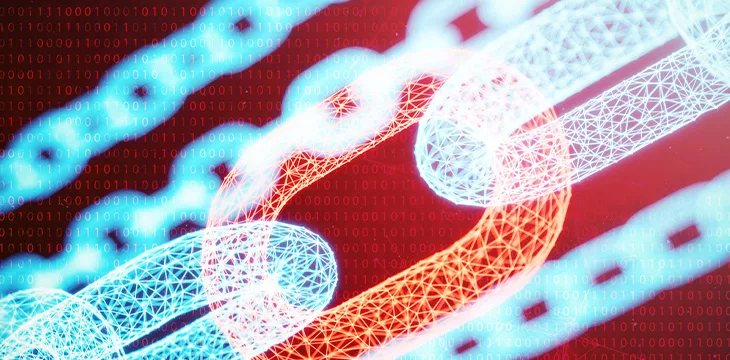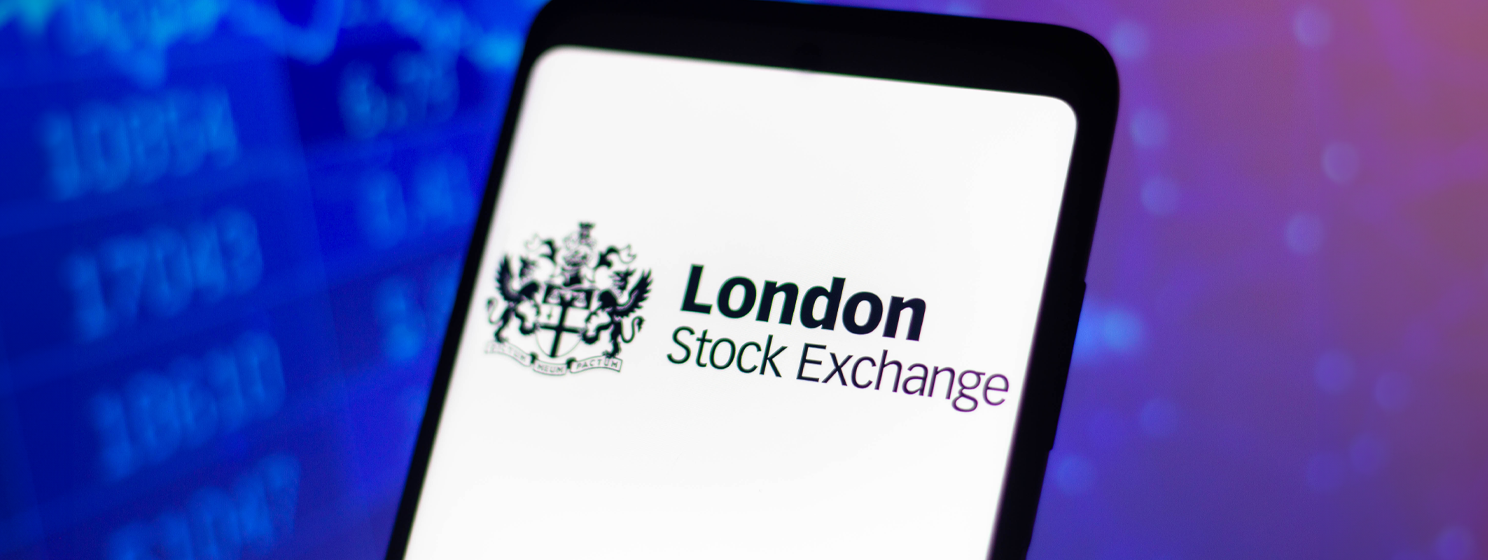|
Getting your Trinity Audio player ready...
|
A new report, published by the BSV Association in collaboration with Boston Consulting Group, explored the role of blockchain technology in safeguarding data and streamlining transactions and concluded that blockchain could be “the missing link” that brings trust to the exchange of data in the new digital age.
“Enterprises have been digitizing for some 30 years — but artificial intelligence (AI) takes transformation to the next level,” said the report.
“How can you be sure that your digital technologies are working together as they should? How do you know that the results provided are based on reliable data, and that your data and devices are tamper-free? The answer for a growing number of enterprises: blockchain.”
The report, titled “Navigating Digital Transformation: Building Trust in an Automated World,” was produced by the BSV Association, a Switzerland-based global non-profit industry organization that supports the use of the BSV blockchain.
The BSV Association oversees the creation of technical standards and educates enterprises, government agencies, start-up ventures, developers, and users on creating a global blockchain ecosystem.
In its report, the BSV Association noted that by 2030, around 125 billion digital devices are expected to be connected around the world, sending and receiving data via the Internet and other wireless routes. This extraordinary number of transactions and data exchanges must be secure and efficient if the system is to continue functioning and keep users safe—trust is the optimal word.
“Data trust has always mattered, but never more so than in the new digital age,” according to the report. “Blockchain technology opens a window on trust. Using it, enterprises can see clearly where data originates, where it has travelled, and how it has changed along the way.”
A trust gap in the bold new world
“Trust is of the essence in business,” the report notes. However, in a world of constant change and growth, it can be difficult to maintain; this is only exacerbated in the age of artificial intelligence (AI).
Enterprises have invested heavily in generative AI over the past few years to increase productivity, relieve ongoing tech talent shortages, and save costs. The report highlighted three areas in which AI has had particular impact:
- Digital identities and data sources—human and machine—have exploded in number and type as online interactions proliferate and accelerate.
- AI increasingly plays an important role in automating transactions by performing processes that humans previously completed. Every transaction produces more data.
- Enterprises are looking to AI to increase efficiencies and digitize certain physical processes, such as using generative AI for customer service.
Whether it’s the relative newness of the technology or general AI fearmongering, seeing its fingerprints in these areas of identity, transactions and digitized processes creates trust issues for enterprises and consumers around data misuse, security breaches and misinformation.
These are not completely misguided concerns, one prominent example being a dip in the stock market last year caused by AI-generated images of an “explosion” at the U.S. Pentagon.
“Ensuring that your devices, solutions, and systems are trustworthy — that they are secure, that their transactions are transparent and verifiable, and that they can handle their workloads — is critical for doing business today,” noted the report. “Today’s digital technologies complicate the trust issue.”
The core questions people may be asking are: What happens when Internet of Things (IoT) devices interact, and do their exchanges not involve humans at all? And how can we trust an image or voice when AI use has blurred the distinction between “real” and “fake”?
For example, up to now, enterprise leaders have tended to rely on physical interactions and tangible proofs to verify identity: signing a contract in person, viewing an official stamp, seal, or photo identification, accepting a cash payment and more. In the age of AI, this is no longer enough.
But all is not lost. The report notes that another technology can meet the challenges posed by AI and close the trust gap.
Blockchain: ‘The technology at the heart of digital trust’
One of the key findings of the report was how blockchain can be used by enterprises to clearly see where data originates, where it has traveled, and how it has changed along the way.
As the report put it: “Blockchain’s transparent, secure, and immutable digital ledger establishes reliability and confidence that a business’s devices and data are working as they should.”
Specifically, the report outlined four key areas where blockchain may help elevate the trust issues AI technology throws up for enterprises:
- Ensuring that the digital identities with which they interact are authentic and verifiable: Blockchain acts as an immutable and transparent source of truth for trusted identity verification, as its transaction record, or “ledger,” is unalterable.
- Confirming Intellectual Property (IP), copyright, and ownership of digital assets, information, and data: the blockchain ledger serves as a digital trail so you know where and when every bit and byte comes from.
- Guaranteeing that information remains unchanged and traceable from its source: blockchain’s transparent window into each interaction means you can verify your data’s integrity and use it with confidence.
- Reducing the number of checks required to prevent data transfer errors: blockchain enables trusted data sharing in a non-trusted environment. For example, it can help with attributing content to its source, thereby ensuring trust in automated systems that make use of the data.
“Clearly, we need an arbiter of trust in this new, uncertain business world. We need robust processes for verifying data. We need systems that are secure and tamper-proof. We need the ability to secure, manage, use, and store vast, ever-increasing amounts of information. Fortunately, we do not have to invent a technology that meets these needs: it already exists,” said the report.
Blockchain’s role as a trust enhancer is not new. Enterprises have been using blockchain to provide transparency and reliability since the technology’s inception. However, automation and the use of AI have taken the need for trust to a new level while simultaneously increasing the requirements to gain said trust.
Blockchain, concluded the report, provides the increased security that technologies such as AI and IoT need—to lay the foundation of this all-important trust.
“Blockchain is the technology associated with trust, security, and integrity,” the report noted. “Its secure and transparent method of recording transactions ensures that its users can use AI and other emerging technologies with confidence and enjoy the benefits they offer.”
In order for artificial intelligence (AI) to work right within the law and thrive in the face of growing challenges, it needs to integrate an enterprise blockchain system that ensures data input quality and ownership—allowing it to keep data safe while also guaranteeing the immutability of data. Check out CoinGeek’s coverage on this emerging tech to learn more why Enterprise blockchain will be the backbone of AI.
Watch AI Forge masterclass: Why AI & blockchain are powerhouses of technology

 09-19-2025
09-19-2025 





